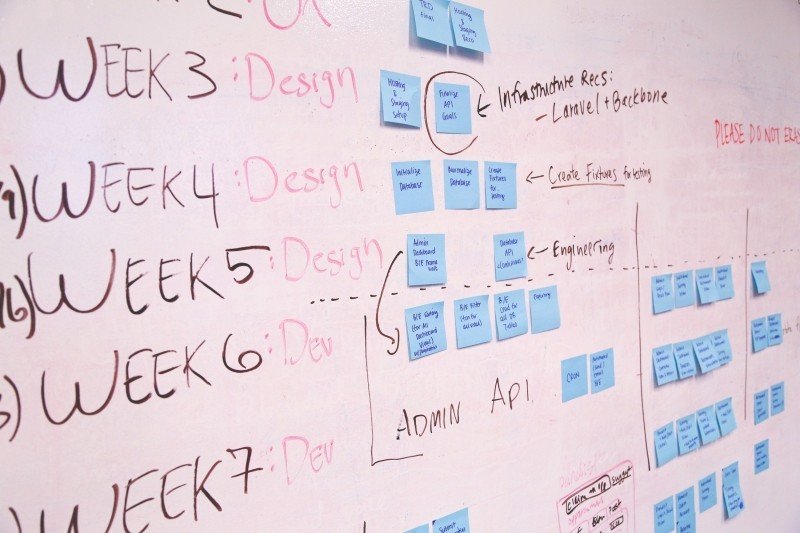
Have you ever defined a clear objective and decided on a date by which you wanted it to be achieved? Maybe you even decided on a budget and designed a plan to succeed?
Well, if you´ve ever done something like that, you have defined a project. Planning vacations, launching new websites, moving into or out of new houses or offices, starting historical databases by measuring how you spend your time, researching your market to find out more about your clients, arranging all the details for the 80th birthday party of your grandmother — all of these are projects. What makes a project a project is its temporal nature and the fact that its scope is limited – the team and resources are put in place to fulfill one specific objective or clearly defined set of objectives.
Project Management Best Practices can help improve your execution of any kind of project, both in the personal and professional areas of your life. If you clearly define the objectives, budget, and timing for the implementation of the project, and continually measure and monitor their status as you go along, your chances of completing the project successfully, on time and within budget, increase significantly and quality will not suffer. If all members of your team have a clear picture of what they are supposed to do and how to organize their time to fulfill these tasks and if you are aware of all the parties involved, either directly or indirectly, and keep them informed and/or involved, you will very likely find that you encounter far fewer obstacles and rejections and that you are able to avoid trouble as the project moves forward. If you are constantly reviewing what can, could, or might go wrong, you can avoid many pitfalls, or at least decrease the impact of risks and problems. Consistently reviewing the status of tasks helps you keep control of what is going on, it helps you keep your “eye on the ball.”
At the very beginning of your project, lay out all of your ideas about the objectives, scope, timing, and budget of the result. And also clearly define how you can objectively measure whether or not the finished project is successful — in other words define your quality requirements. When a Project Manager is appointed, he or she will be responsible for the detailed planning and coordination of the team and the management of resources to accomplish the expected results as defined. A Project Manager, on an ongoing regular basis, will give you status reports and will keep you and all other parties involved informed about what is going on and how the project is progressing.
If you don’t have a team member in your organization that has the skills or experience to fill the Project Manager role, you can always outsource it. Some virtual assistants will do coordination for projects and you can also find specialized virtual Project Managers that will take over one or multiple projects for you.
Alethia Consultores SAS performs planning and project management for you and offers Virtual Project Office services.
María M Velasco is CEO of Alethia Consultores, Certified PMP and has more than 15 years experience in managing software projects. You can view her CV in www.mariamvelasco.me
Photo on VisualHunt.com

